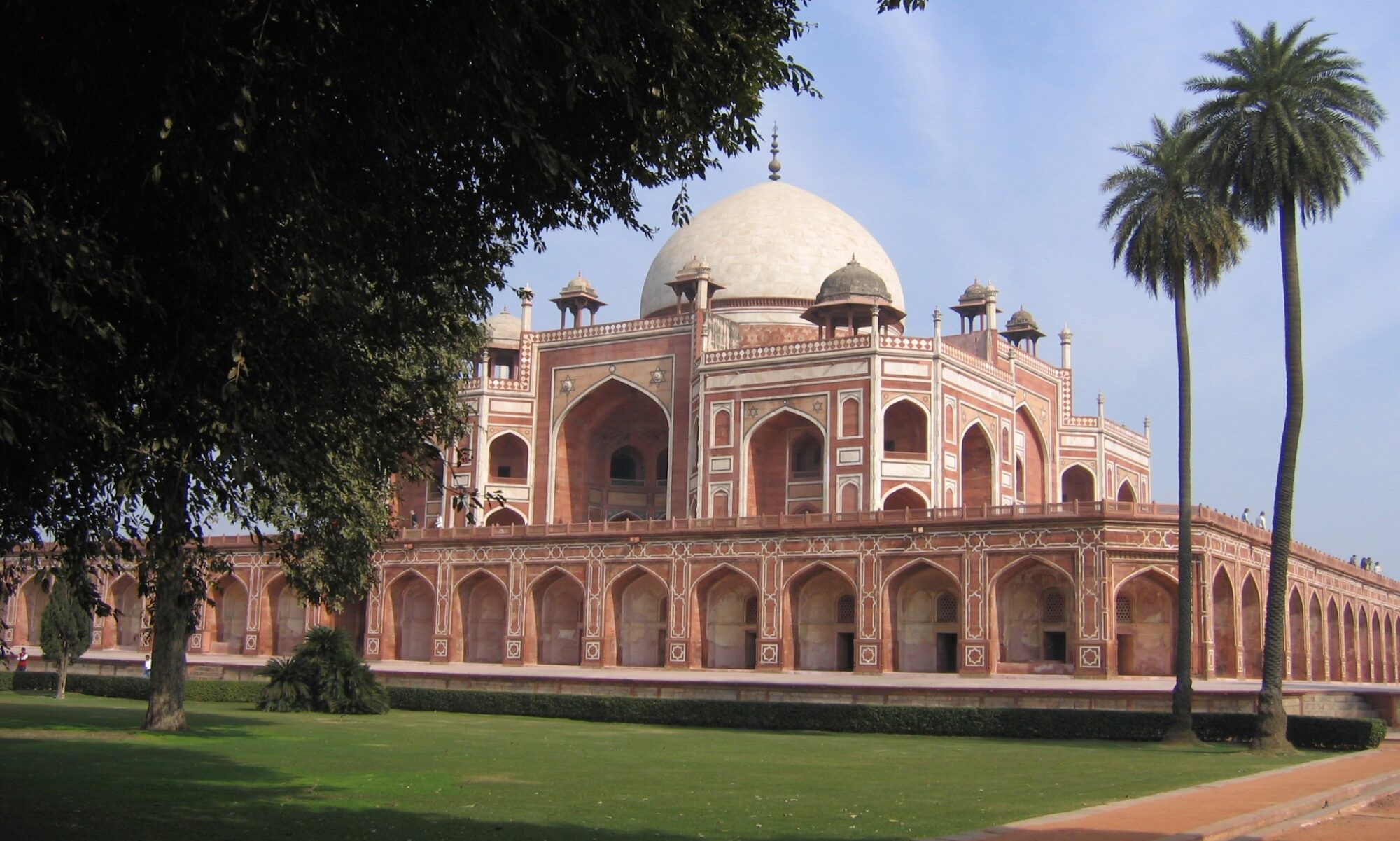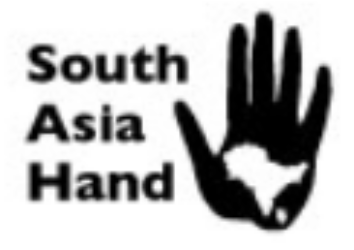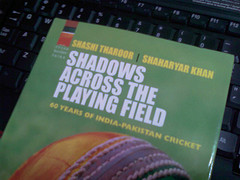Tezi and I, then a married couple of three years standing, first came to Pakistan on diplomatic assignment 37 years ago. Our second son was born at our house in Islamabad. We’ve been following developments in the country with great interest, often mingled with anxiety, ever since…. What we’ve tried to do is to analyze the themes, techniques, and styles that have characterized Pakistani negotiations with American civil and military officials in recent years and to reach some conclusions about how these are likely to shape up in the future.
Our book, How Pakistan Negotiates with the United States: Riding the Roller Coaster, was launched at the U.S. Institute of Peace in Washington on April 12. We were joined by Stephen Cohen, Brookings Institution, and by Akbar S. Ahmed, Ibn Khaldun Chair of Islamic Studies, American University.
Read what we had to say. Or, watch the video of the book launch.
Read Michael O’Hanlon’s review, published in foreignpolicy.com; read review in Foreign Affairs.
Read review by former Pakistan ambassador to the United States Tariq Fatemi, in the Express Tribune (Islamabad), August 24, 2011.
See a short video of our comments on How Pakistan Negotiates with the United States: Riding the Roller Coaster.


